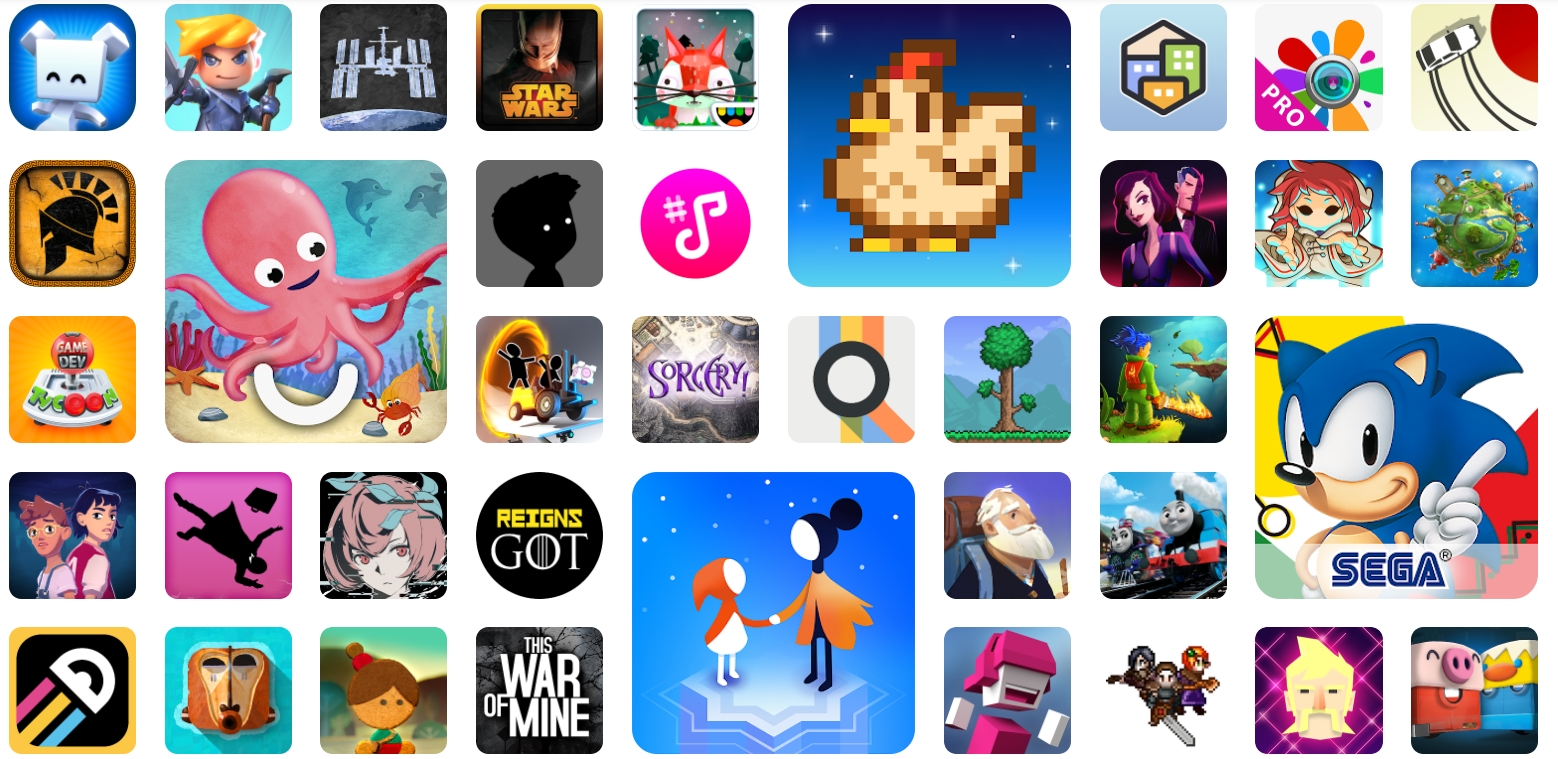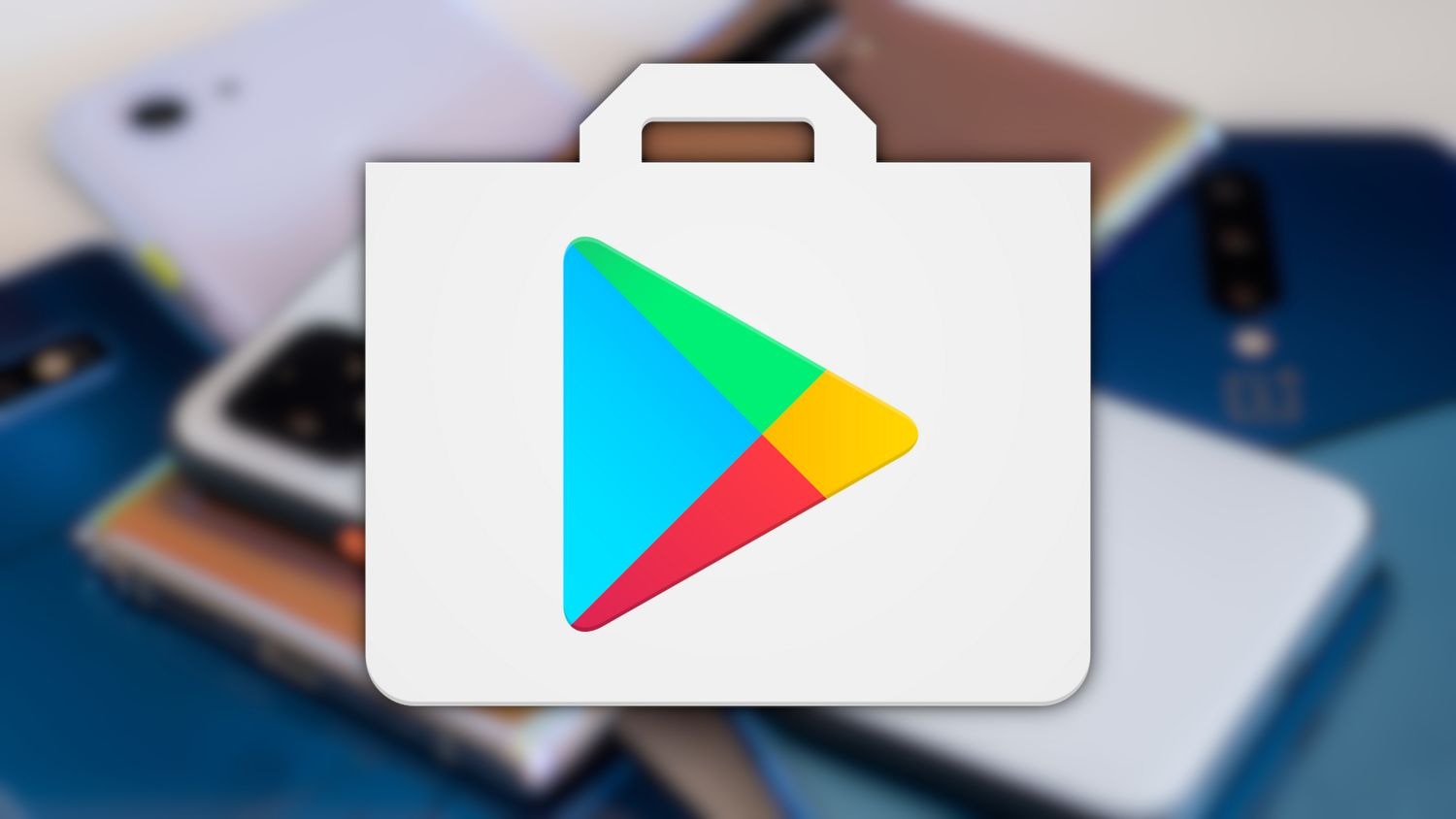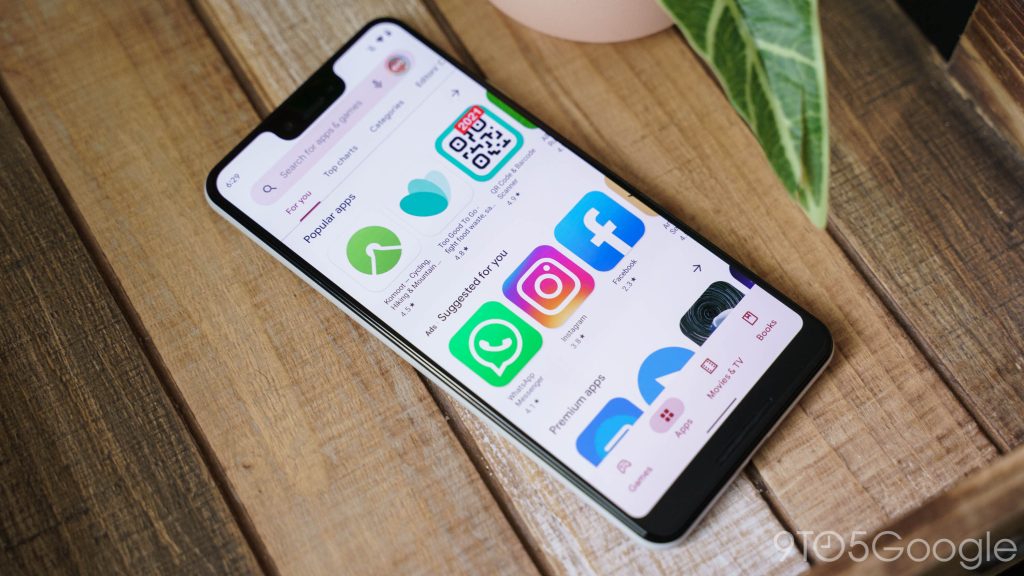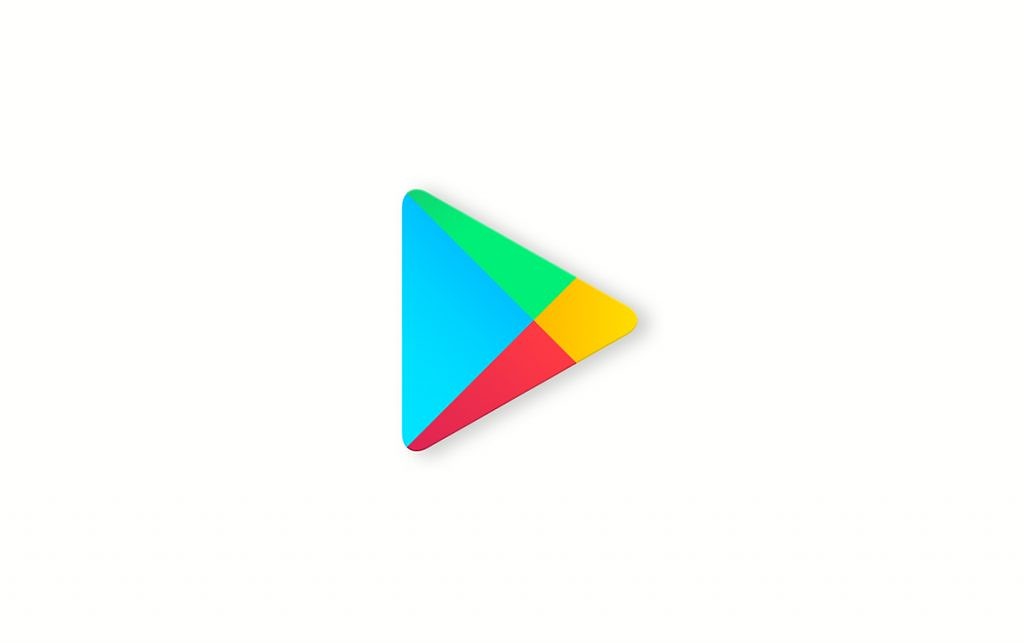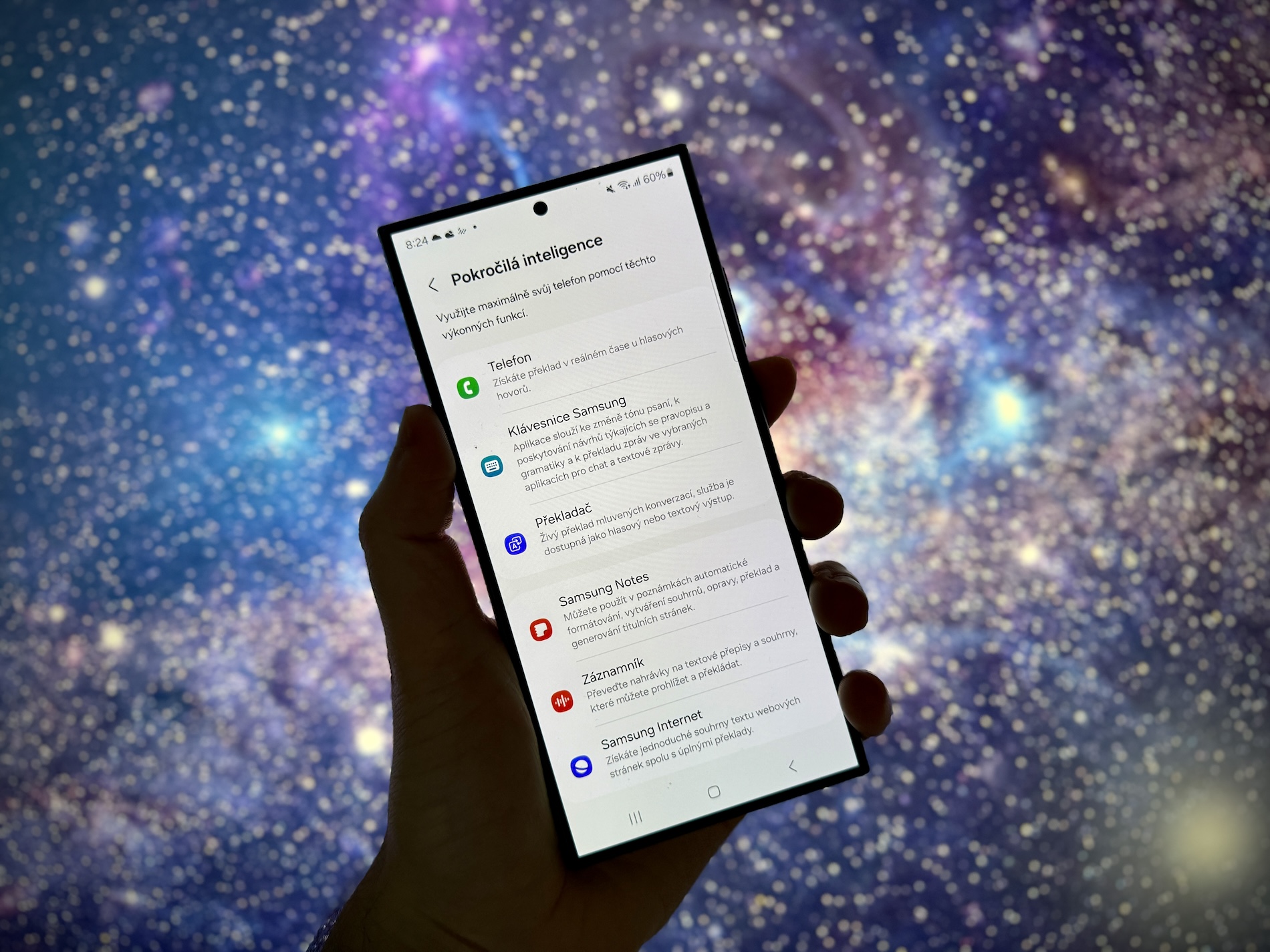There are fewer apps on Google Play today than four years ago. By March of this year, 2 apps were present in the store, a figure that represents a 591% decrease from the 578 million titles that the platform contained in March 28. The decrease is due to the fact that Google regularly cleans up the content that violates conditions. Most often, it is the one that interferes with the privacy of users and threatens their security.
At least it follows from the analysis tradingplatforms.com. Google sets standards that developers who want to list their apps on its store must follow. Among them is the obligation to comply with the principle of user data protection. Of course, these policies emphasize the transparency of the way these applications work with user data. Moreover, for applications that handle sensitive and confidential informaceusers, the demands are even higher. So it can be said that Google doesn't care about quantity as much as it does about quality, and the news of fewer apps is actually good.
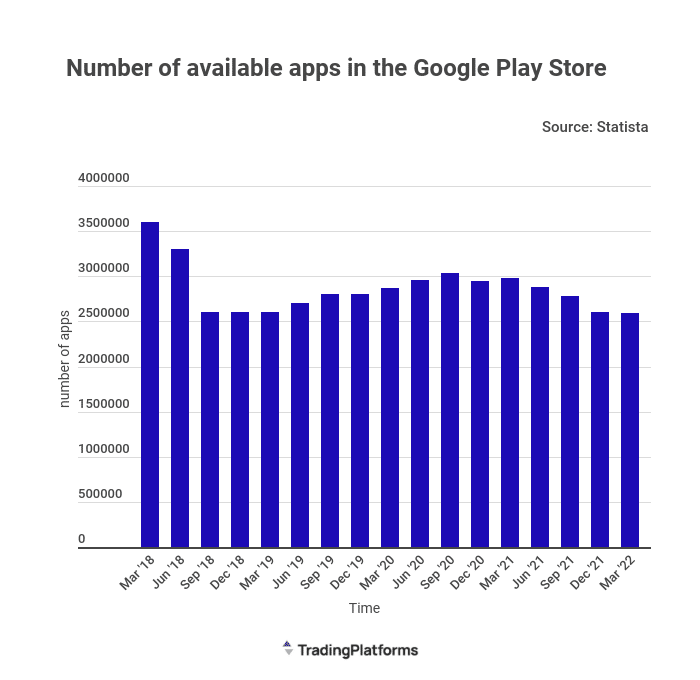
Since 2015, Google has used a combination of human resources and artificial intelligence tools to flag malicious or non-compliant apps when accepting apps into its store. The store is also equipped with Google Play Protect, where this software checks all applications for the presence of any threats and alerts Google engineers to intervene if necessary. Even if of course he misses something here and there, you can't deny him at least a certain effort.
You could be interested in
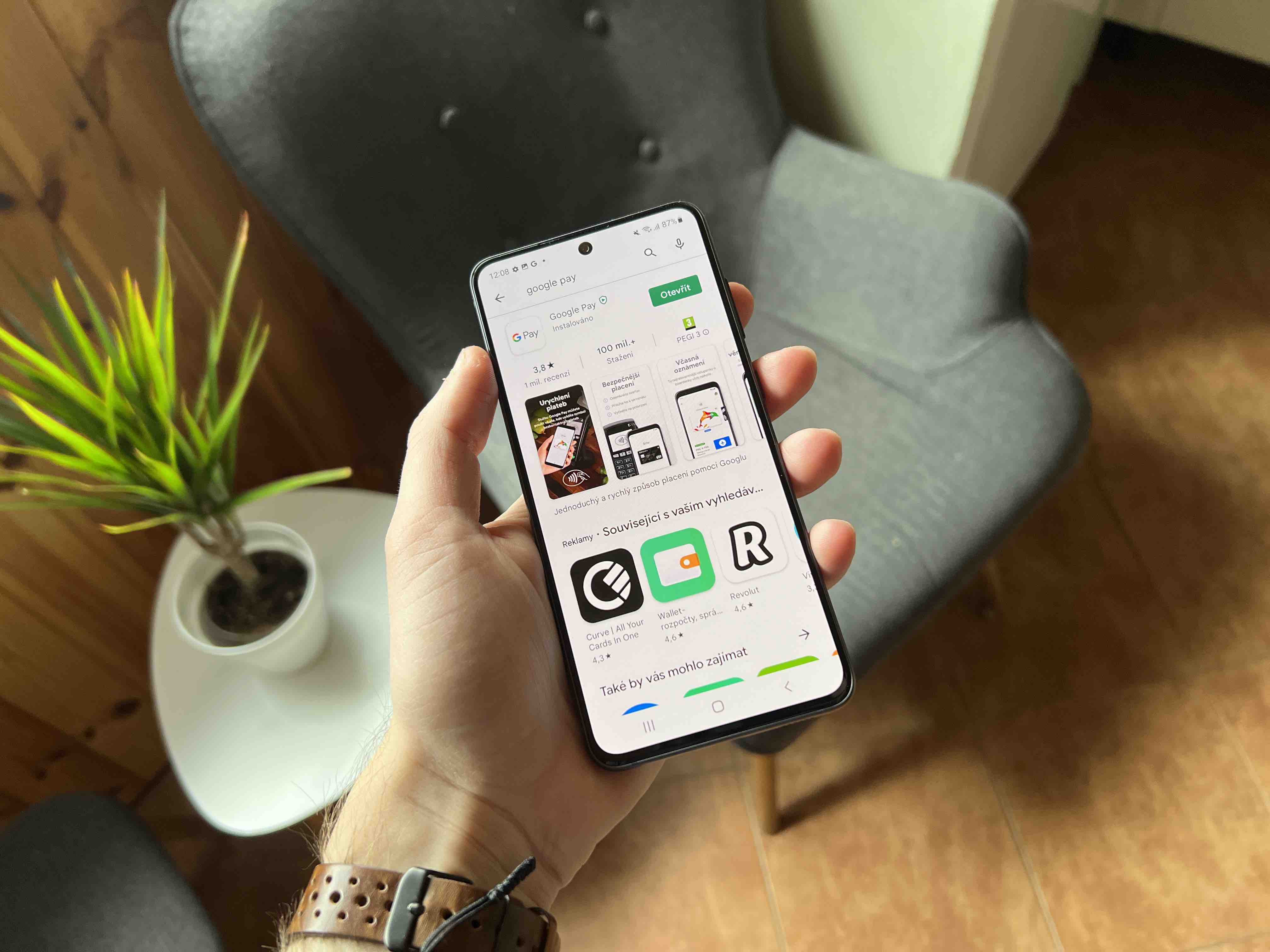
Apple App Store close behind
With 2,6 million apps, Google Play is the largest app store. In second place is, of course, Apple's App Store, which contains more than 2,3 million applications. Regardless of the dominance of these two, other digital content stores also want to have their share of the market. For example, the Amazon App Store already contains over 500 applications for the platform Android. Its best-selling titles are in the fields of utilities, games and education. Tencent has a range of around 45 applications.
It would certainly be interesting to see if Apple finally opened up his platform iOS to the entry of other possible distribution channels. There are already certain pressures around it, but it doesn't look like they will Apple he wanted to retreat. This is because it would mean a significant outflow of funds, as it normally charges 30% for any content purchased on the App Store, whether it is a one-time fee or a regular subscription.


